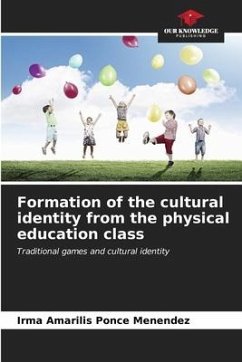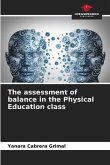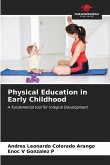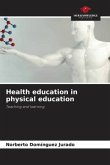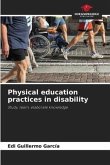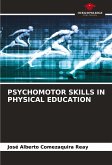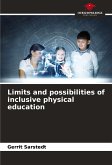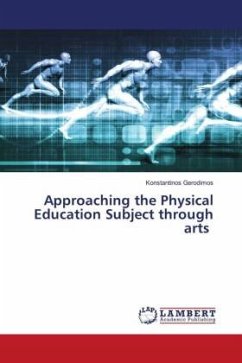Several authors agree that cultural identity encompasses cultural traits, customs, traditions, values and beliefs of a human collective, enriched every day by the events of the past, whether remote or recent. Therefore, educational institutions should increase the mechanisms for its rescue, enrichment, preservation and transmission. Particularly from the Physical Education class the conditions for this are given, the traditional games are part of its curriculum, a propitious moment so that with all intentionality and with an adequate projection and previous preparation of the teacher, not only these games as such can be inserted, but also the treatment of the cultural identity in a general way. This research diagnoses the state of the use of traditional games for the formation of the cultural identity of high school students of the Doce de Marzo Fiscal Educational Unit of Portoviejo, Manabí, Ecuador.

